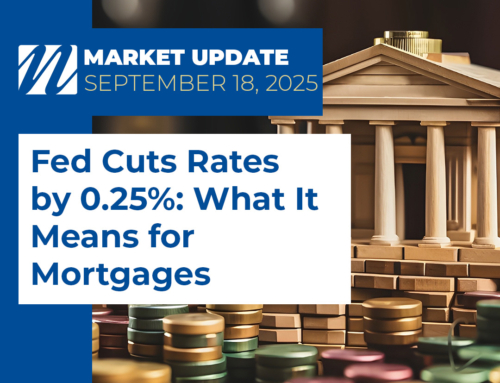This morning’s U.S. jobs report arrived at 8:30 a.m. ET, and the results are already making headlines. The labor market is showing signs of slowing down, adding just 22,000 jobs in August compared to expectations of around 75,000. The unemployment rate ticked up to 4.3%, the highest since before the pandemic.
So, why does this matter to homeowners and homebuyers?

Why the Jobs Report Matters
Every month, the Bureau of Labor Statistics releases the Employment Situation—better known as the jobs report. It’s one of the most closely watched economic indicators in the country. The Federal Reserve uses it to gauge whether the economy is running too hot or too cold.
-
Strong jobs growth → Fed may raise or hold rates steady to cool inflation.
-
Weak jobs growth → Fed may consider cutting rates to support the economy.
With this latest weaker-than-expected report, investors are betting more heavily on a Fed rate cut later this month.
What This Means for Mortgage Rates
Mortgage rates don’t move directly with Fed rate changes, but they are closely tied to investor expectations about where the economy is headed. When job growth slows and rate cuts look more likely:
-
Bond yields often fall, pulling mortgage rates lower.
-
Refinancing opportunities may open for homeowners who’ve been waiting for a better window.
-
Buyers could see more favorable conditions if borrowing costs ease in the weeks ahead.
What You Should Do Next
If you’re thinking about buying a home or refinancing, now is a good time to pay attention. Rates could soften, but markets move fast after major economic reports.
Want to know what today’s numbers mean for your mortgage plans? Reach out to our team—we’ll walk you through the latest updates and help you decide whether now is the right time to lock in a rate.
Disclaimer: This information is provided for general informational purposes only and does not constitute financial or legal advice. Market conditions and financial regulations can change rapidly. Always consult with a licensed financial advisor, real estate professional or your loan officer before making decisions based on this information.





